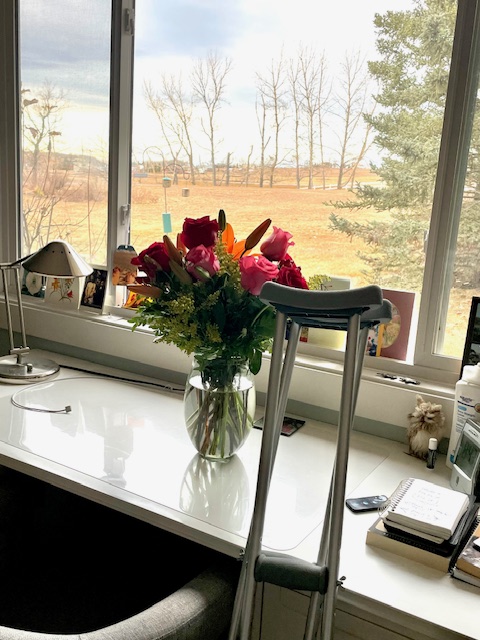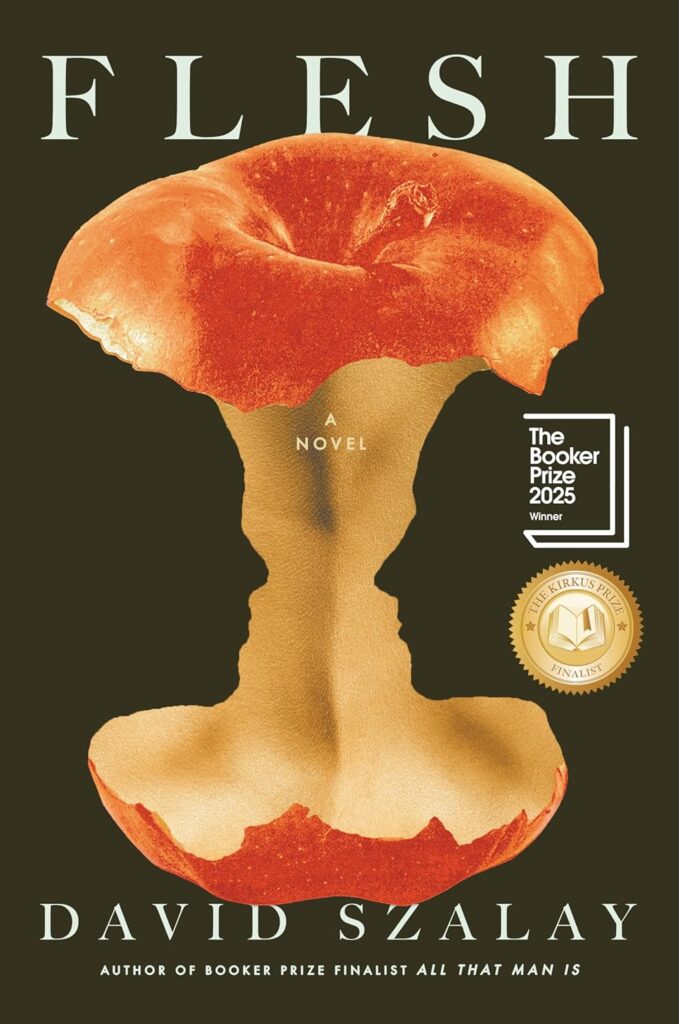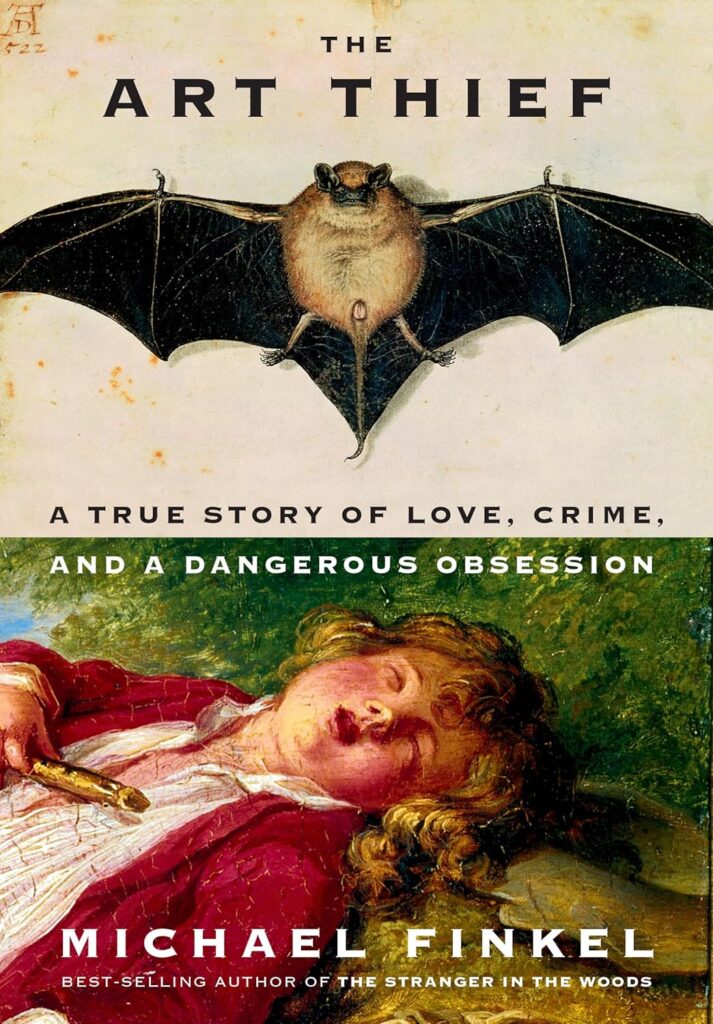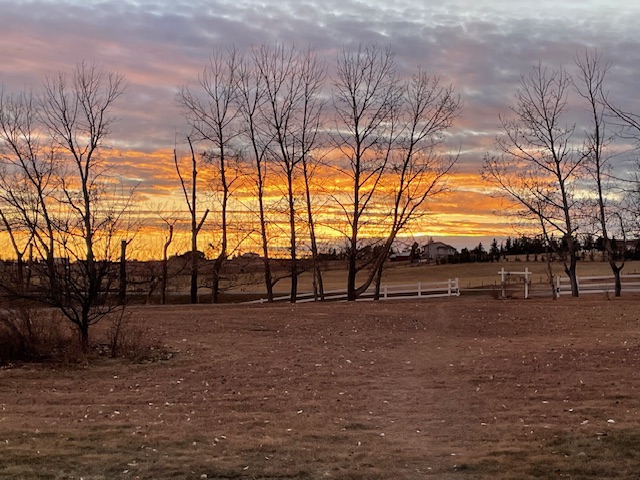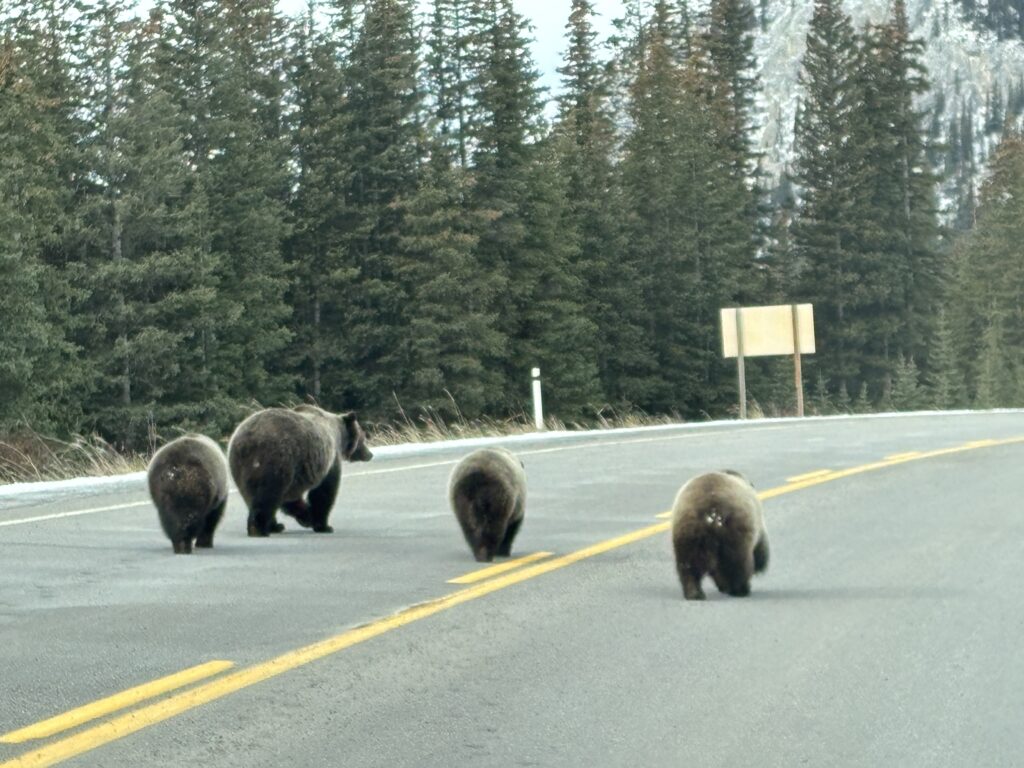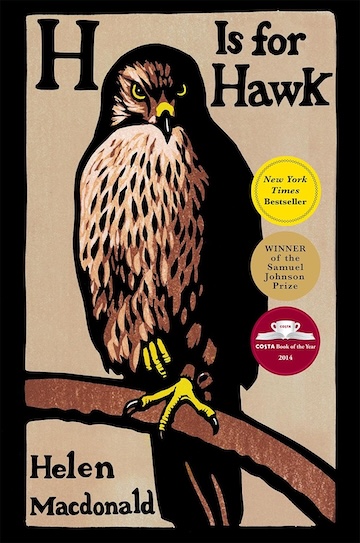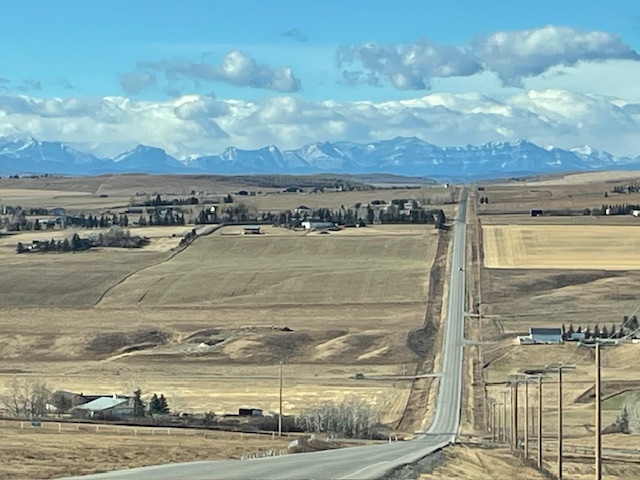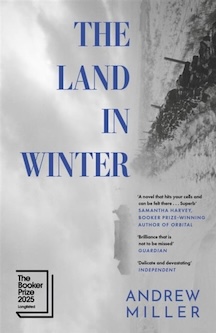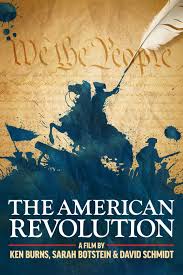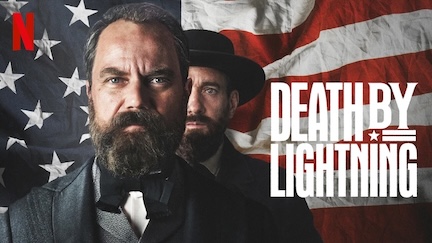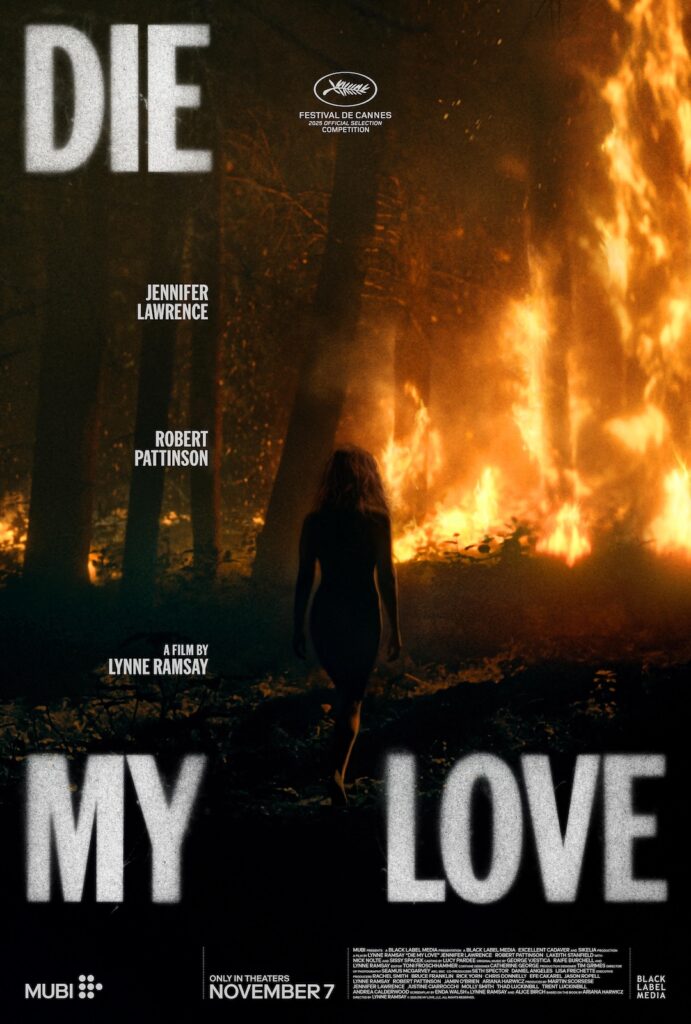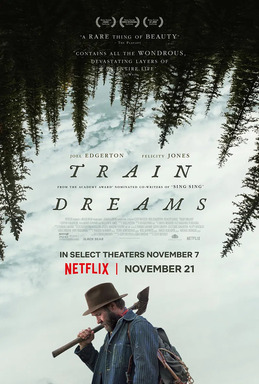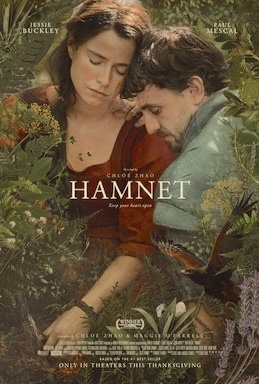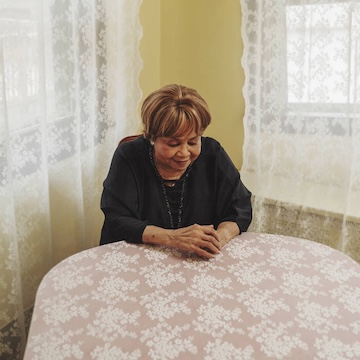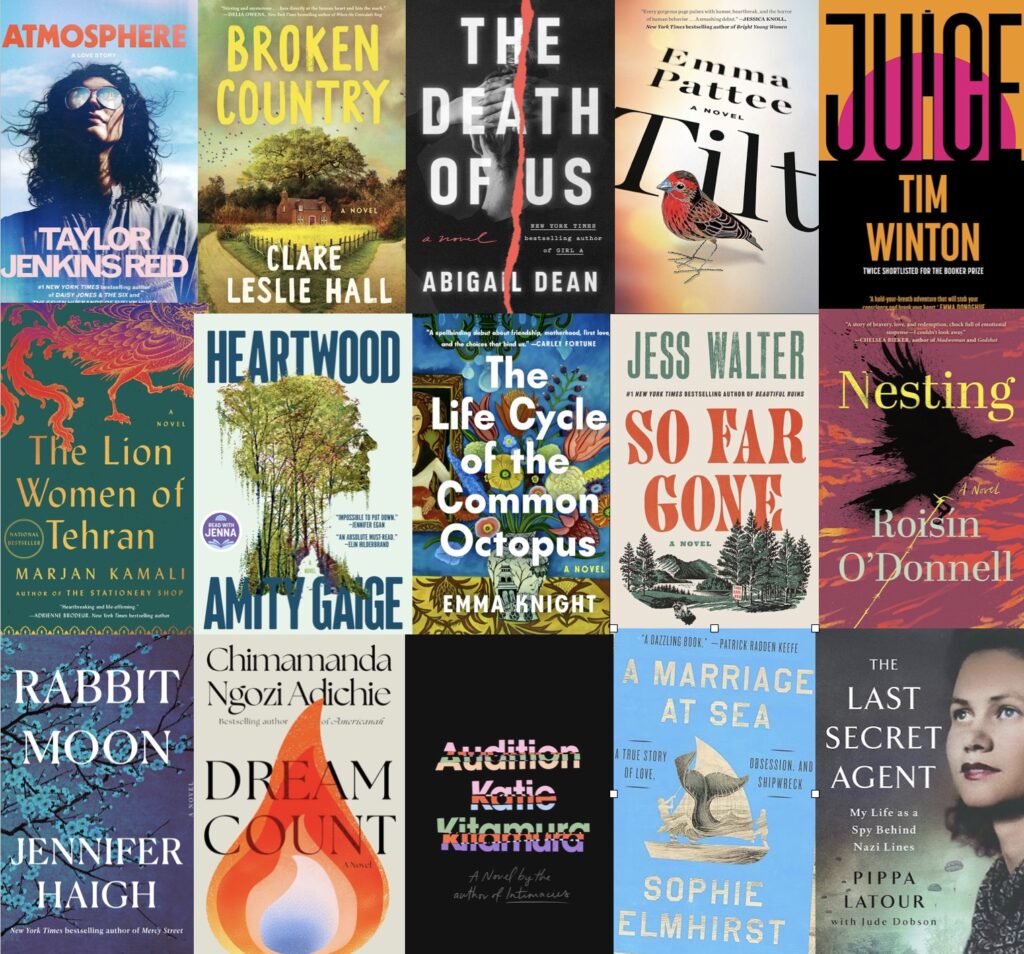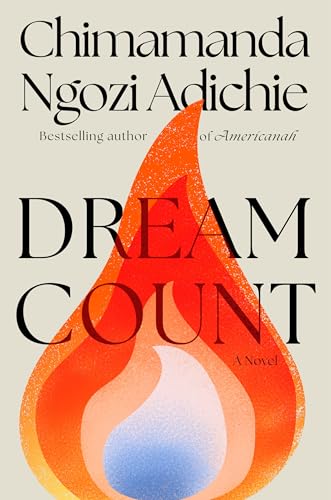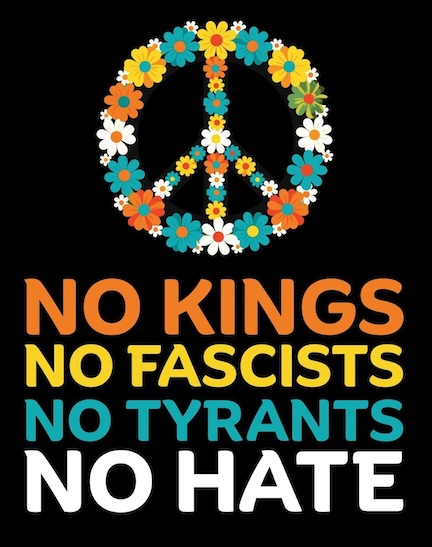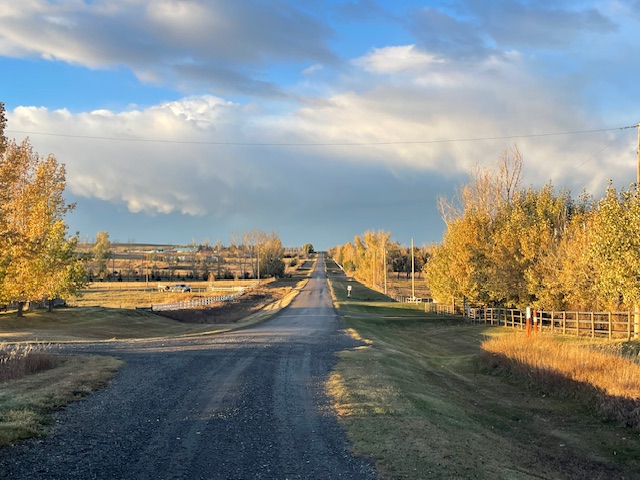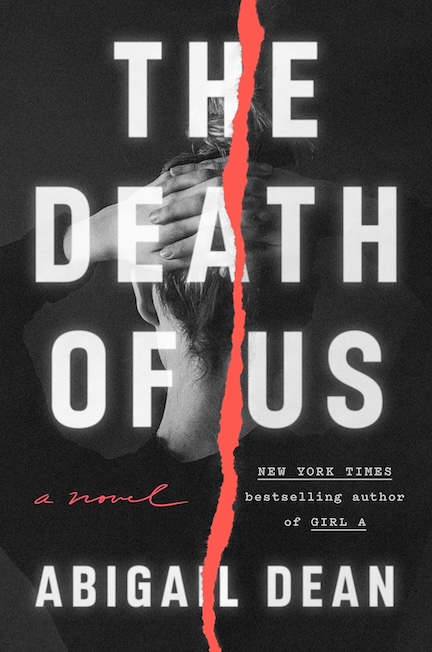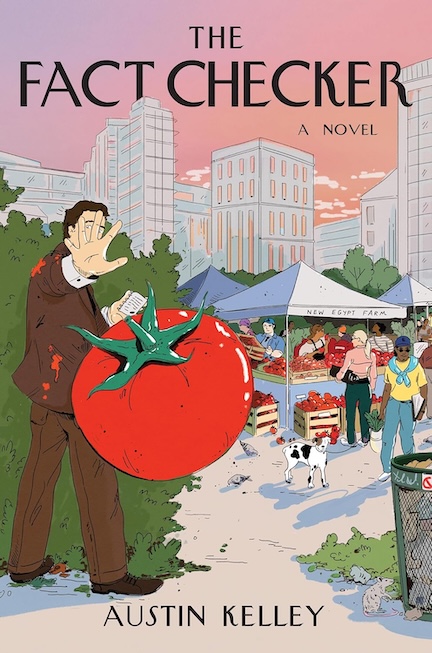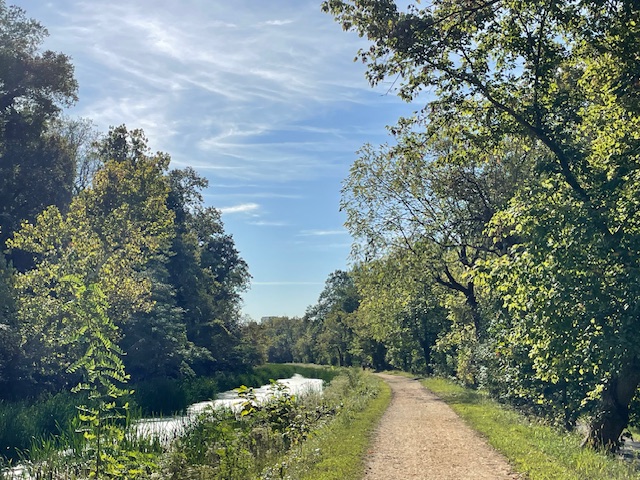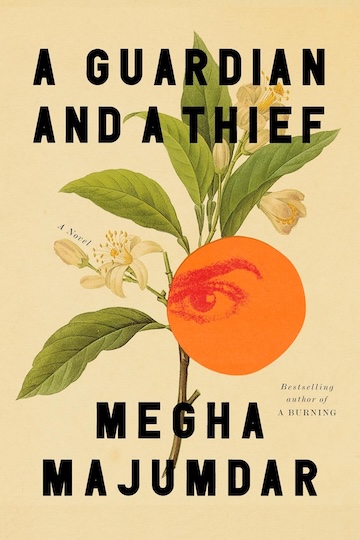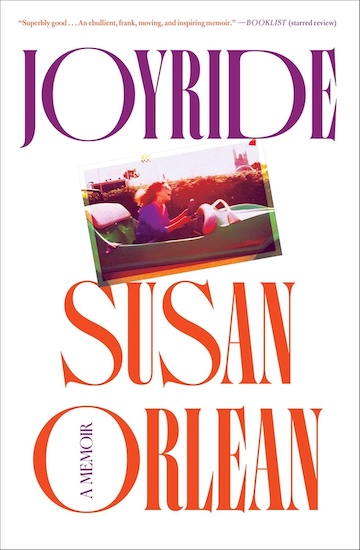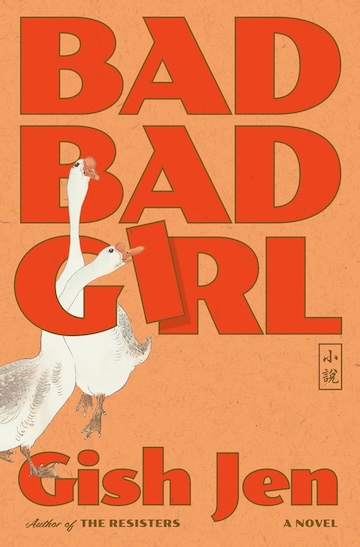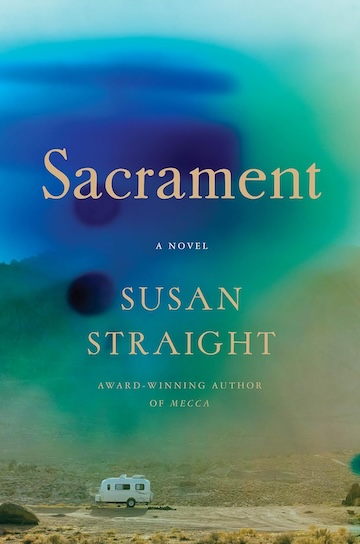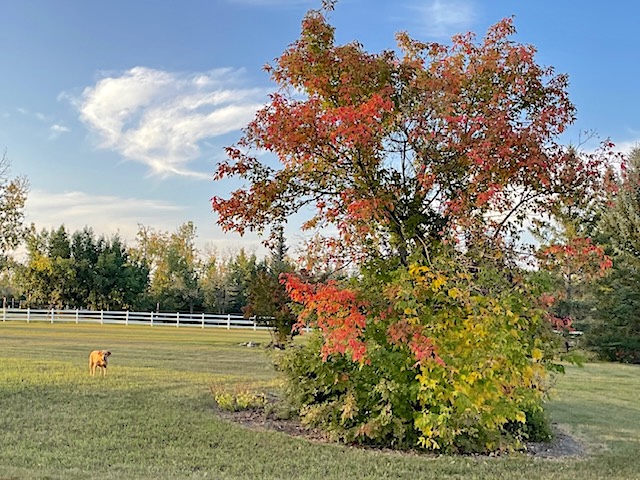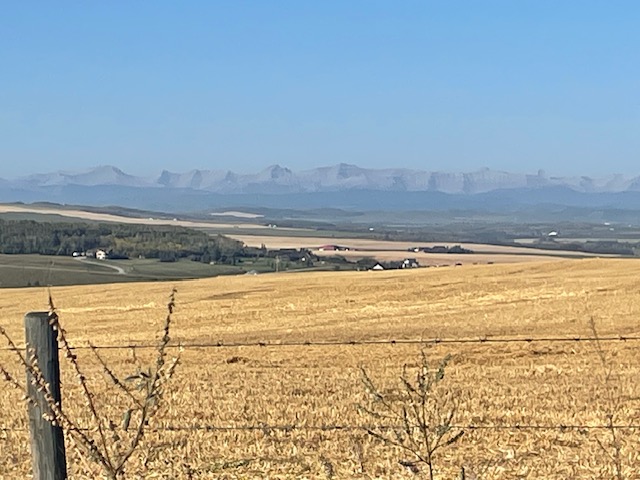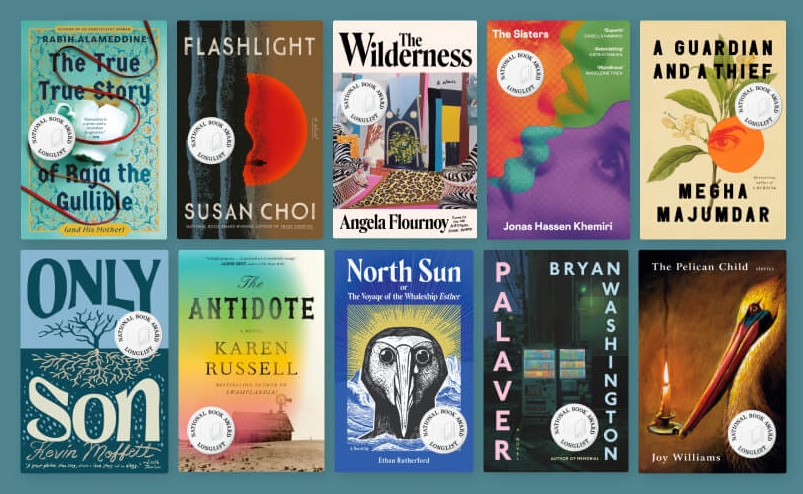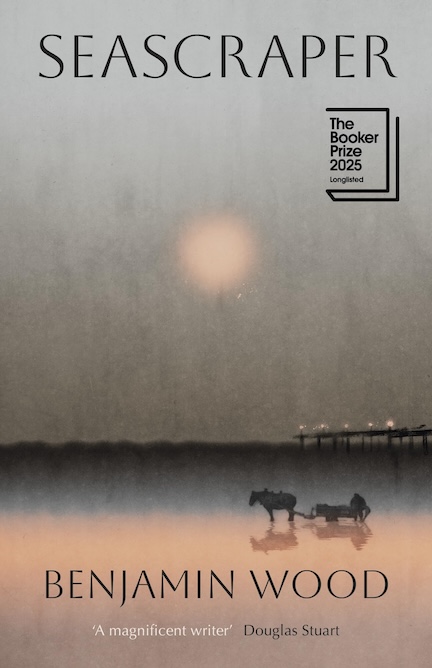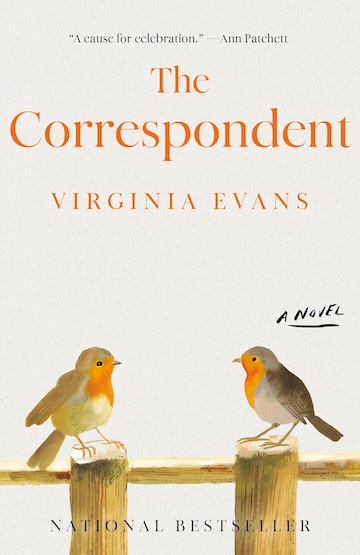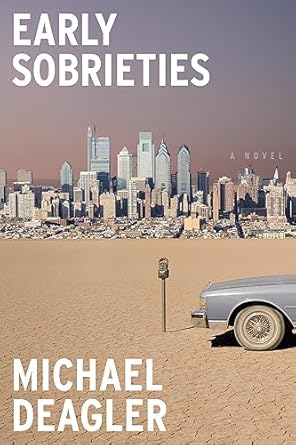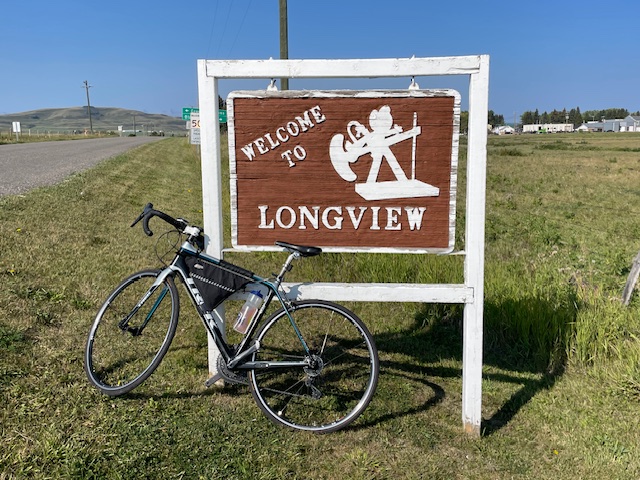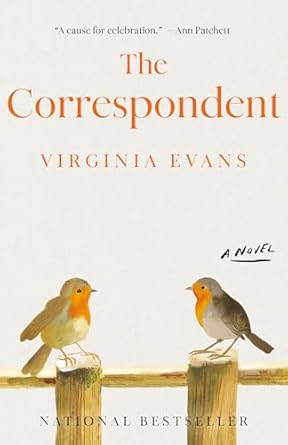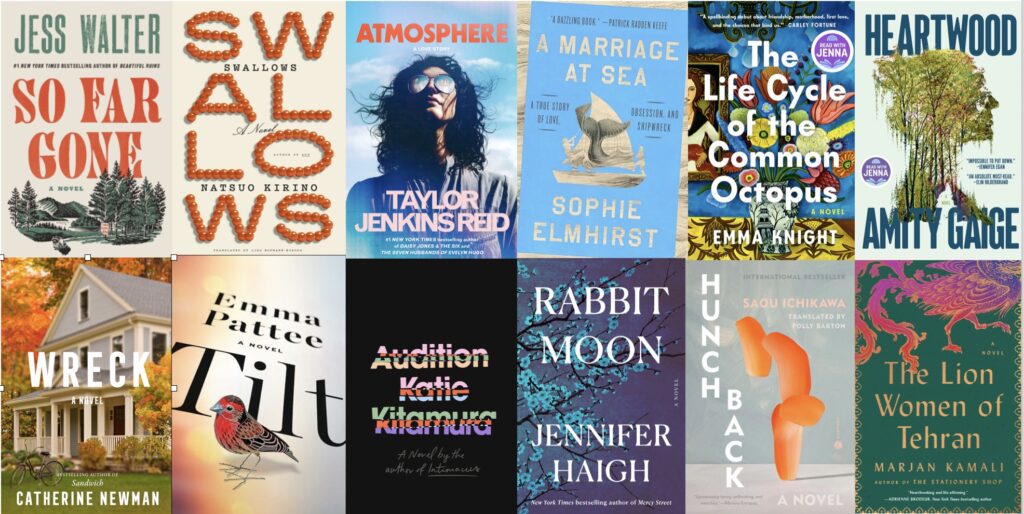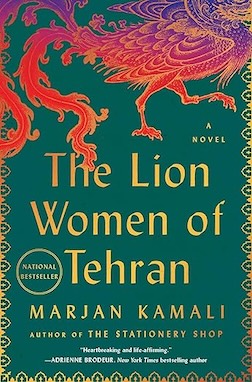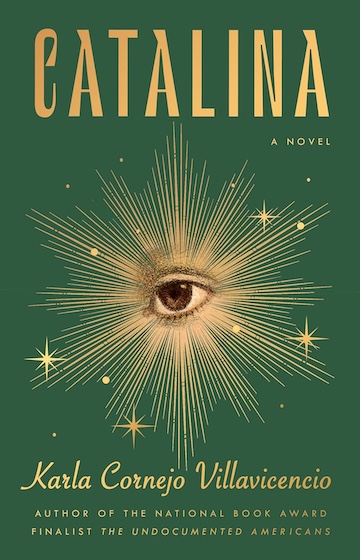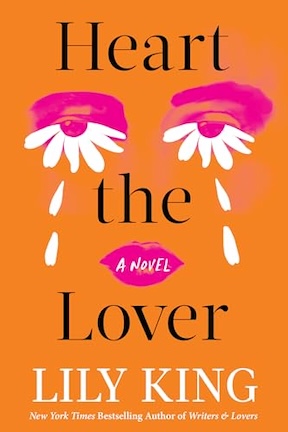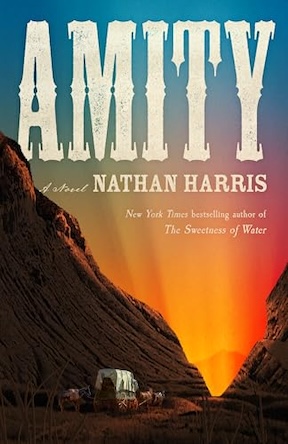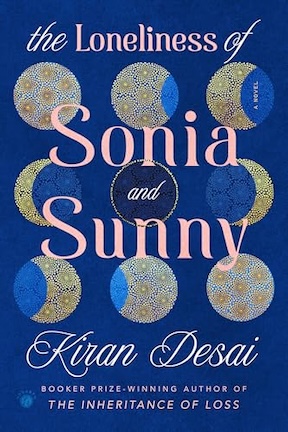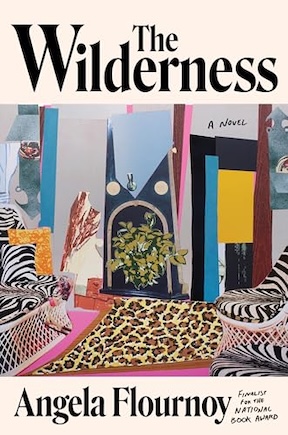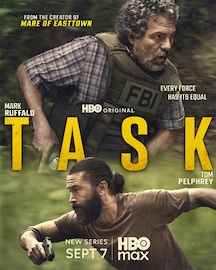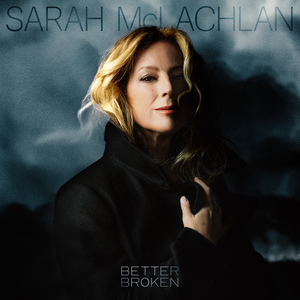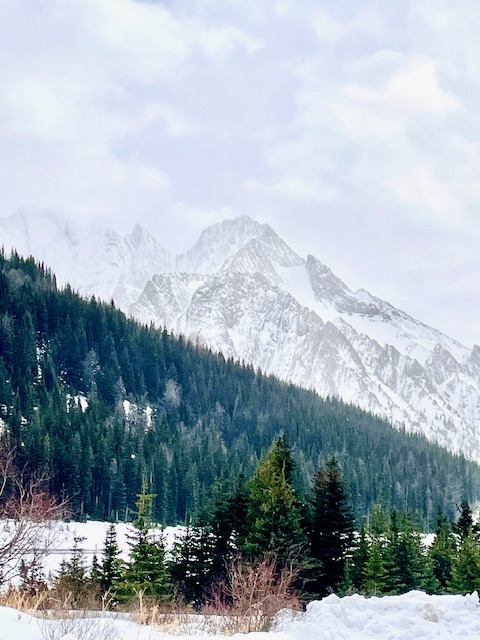
Hi bookworms. How was your week? Yesterday we took a drive into our local mountains and parked at the top of the pass. There was some snowflakes swirling about and it was nice to get out and see the natural world after my knee surgery. Does this picture at left look like a painting or a photo? Lol.
We saw some bighorn sheep on the way back, but otherwise it was fairly quiet out there. Soon the park service will close the mountain gate on Dec. 1, and so it will be snowed in for the winter. You can continue to hike up there if you want, but otherwise nature and wildlife get a nice reprieve from humans and cars. This week there’s more snow forecasted for the mountains and we should get some too at the house. Happy Thanksgiving week to those in the States.

Also yesterday was our dog Willow’s fifth birthday. Here she is trying to help out my husband with the chores. Willow was a pandemic baby born into this world in November 2020. We got her when we felt our other dog Stella, then 9, was getting a bit too old to go cross-country skiing very far. As you know, Stella and Willow have become a dynamic duo over the years 🙂 and they continue to live their best lives.
In book news, you might have seen last week that Lebanese author Rabih Alameddine’s novel The True True Story of Raja the Gullible (and His Mother) won the fiction prize for the National Book Award. The novel is set in Lebanon and “chronicles a family’s turbulent but happy lives” and the “unbreakable attachment of a [gay] son and his mother.” This novel was released in September and flew under my radar and I’m still a bit unsure about it, but it has a 4.18 rating on Goodreads … should you want to check it out.
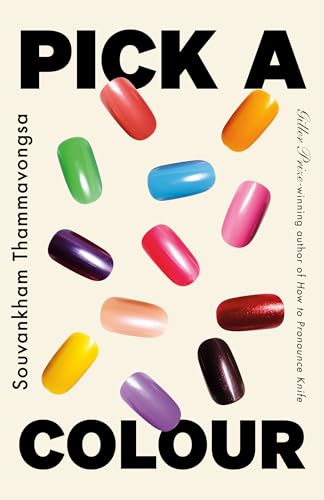
Meanwhile Laotian-Canadian writer Souvankham Thammavongsa won this year’s Canadian Giller Prize last week for her second book of fiction Pick a Colour. It’s about the day in the life of a weary nail salon owner (a retired boxer) as she toils away for the privileged clients who don’t even know her true name. The novel is only 192 pages, but it sounds like it packs quite a punch … and is said to be about loneliness, love, labor, and class. I’m one of 349 who are on the wait list for it at the library, so we will see.
And now I’ll leave you with a couple reviews of what I finished lately.
Memorial Days by Geraldine Brooks / Viking / 224 pages / 2025
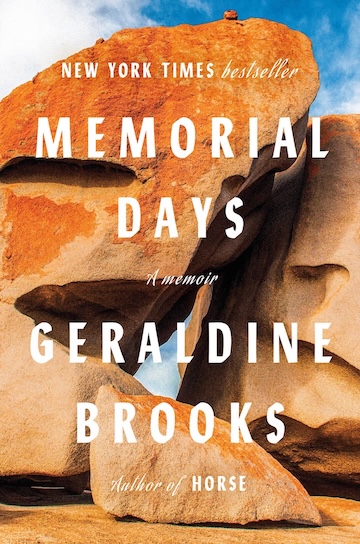
4 stars. Sadly back on Memorial Day weekend 2019, Pulitzer-prize winning author Gerald Brooks’s husband historian Tony Horwitz suddenly died of a heart attack on the street in DC at the age of 60. He was on a book tour and Geraldine was not with him at the time. She had learned of it by a rather brief and imprudent call by an ER doctor while at home on Martha’s Vineyard.
This touching memoir follows those immediate days and months after the shocking death of her vibrant husband, who wrote a number of best-selling nonfiction books — along with alternating chapters several years later of a trip she takes to Flinders Island off Australia, where she finally goes to give herself the time and space to fully grieve him.
Geraldine had met Tony in graduate school at Columbia University and they had been married for 35 years. During their careers, they had taken news correspondent jobs in Australia and the Middle East and later became book authors after becoming parents to their two sons. At the time of Tony’s passing, they had been “empty-nesters” only for two years, living on their farm on Martha’s Vineyard. This book details their lives together as well as gives helpful insights into dealing with grief and sudden loss of a loved one.
I found her memoir both moving and wise and it helped a bit in light of the loss of my own father in March. It’s a good tribute to her husband Tony Horwitz, who wrote some great books, and I sympathized with her a lot. One side note is: I had met and interviewed Geraldine Brooks online for Publishers Weekly in April 2022 about her novel Horse. Back then I could sense the enormity of her loss hovering, but I could only say I was sorry, which felt pretty inept. I’m glad she gave herself the time in February 2023 to go to Flinders Island to do the work of grieving and remembering that would help her.
Here is a quote from the book I liked:
This story of a death is the story that dominates my life. Here I have retold it, rethought it. But I can’t change it. Tony is dead. Present tense. He will be dead in the present, in my present for as long as I am alive. I cannot change that story. I can only change myself.
Write the truest thing you know, said old man Hemingway.
Dear reader this is it.
Culpability by Bruce Holsinger / Spiegel & Grau / 380 pages / 2025
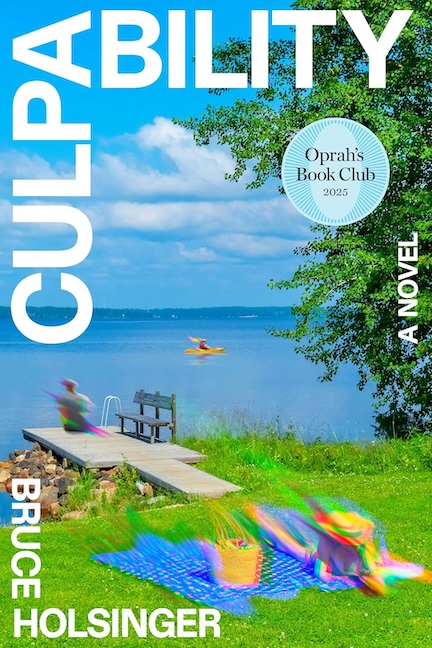
Synopsis: “A family heading to their son’s high school lacrosse game is thrown into chaos when their self-driving minivan is involved in a fatal accident. As each family member wrestles with their responsibility for the crash and how much trust they should put in AI, the author grapples evocatively with the trade-offs of automated life. This timely tale leaves readers with much to chew on.” — per Kirkus Reviews and Publishers Weekly.
My Thoughts: 3.75 stars. This thriller and family drama novel, which was chosen by Oprah for her book club in July, had some pluses and minuses for me. I liked how the family’s autonomous car crash raises various ethical issues about artificial intelligence in our world and how sticky and tricky that all will be especially as it becomes more and more prevalent in the future. Parts of the story are pretty gripping and I followed it as an audiobook closely to see what would happen.
But the main family is overall pretty annoying and a later accident that happens while they’re recovering at a beach house on the Chesapeake Bay overshadows a bit of the main plot. I thought the novel was sort of trying to do a bit too much and maybe was half successful. Still it’s a thought-provoking glimpse into today’s AI world and maybe it only suffers from being a bit over-the-top. Still it’s a popular fiction kind of read so that’s pretty typical.
That’s all for now. What about you — have you read these and if so, what did you think? Happy Turkey Day.

